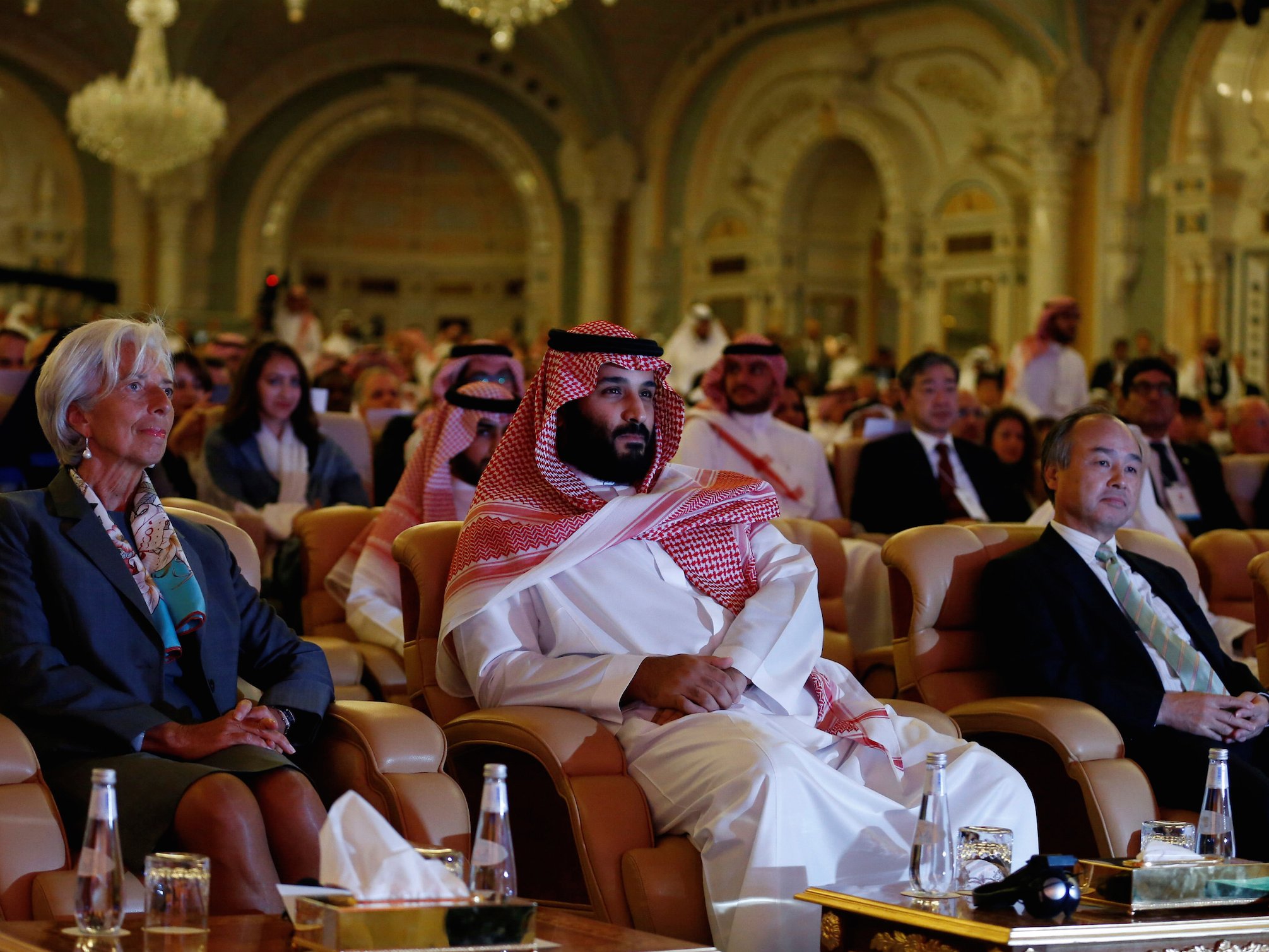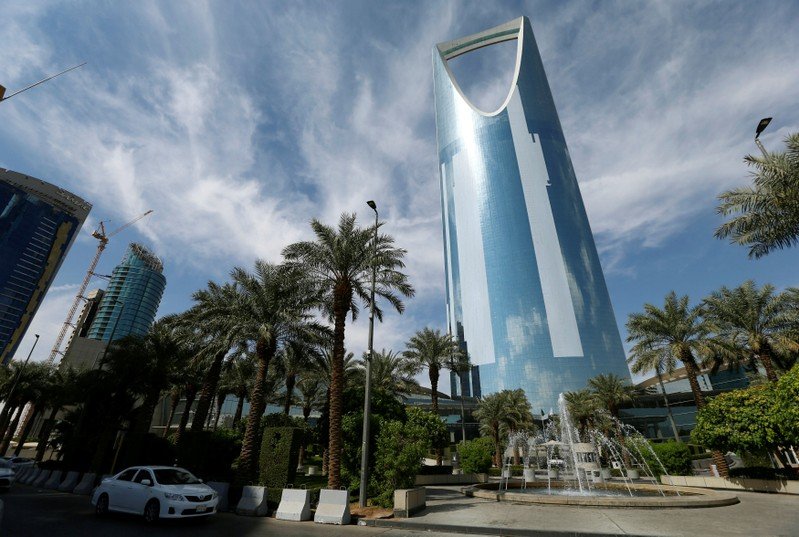This material belongs to: Business Insider.
It was cast as an anti-corruption drive. Now a more probable motive for Crown Prince Mohammed bin Salman’s unprecedented detention of members of the country’s rich elite is emerging. Reports suggest that detainees are signing away cash and assets to secure their freedom in what looks like an unorthodox bid to plug the kingdom’s gaping budget deficit.
On Monday, it was reported that one of the highest-profile suspects, Prince Miteb bin Abdullah, held for more than three weeks, had been released after agreeing to a settlement of $1 billion. The authorities are demanding suspects disclose and relinquish control of 70% of their liquid assets, described as a “tax on corruption”. Reports suggest that at least three other suspects have struck financial agreements with officials. Our sources indicate that some have begun disposing of shares in Saudi companies. For example, on Sunday detainee and prominent businessman Nasser Tayyar disposed of 0.5% of his shares in Al Tayyar Travel Group, raising $26m. Nonetheless, the apparent bid to shore up the country’s depleted coffers is unlikely to succeed, as many of the funds the Crown Prince is seeking to acquire are beyond his reach.
In early November, scores of princes, ministers and businessmen were arrested on corruption charges. The move had been viewed as an attempt by Mohammed bin Salman — known as MbS — to consolidate power, removing any sources of potential challenge in advance of his eventual accession to the Saudi throne. But news of the settlements that are reportedly being negotiated with detainees suggests that he is just as concerned about the country’s finances.

The fall in the price of oil — the kingdom’s main source of revenue — has led to a huge budget deficit, which stood at $79 billion in 2016. The government has had to use foreign reserves to help cover the revenue shortfall, with the former shrinking by about a third over the last three years. The recession has forced MbS to rein back public spending, alarming cosseted Saudis long accustomed to cradle-to-grave subsidies.
The Crown Prince has staked his reputation on the success of an ambitious economic transformation plan, Vision 2030, to wean the country off its dependence on oil, but he needs to fund planned reforms and projects. He was banking on a part-floatation of the national oil company Aramco, which appears to have been postponed for at least a year. The ruthless purge and financial strong-arming could now deter the very western investors and regulators needed to move forward with the sell-off.
Reports suggest the authorities are looking to acquire up to $300 billion from the wealthy detainees, many of them confined in Riyadh’s Ritz-Carlton hotel. However, they could end up being disappointed: few Saudi princes and businessmen have billions of dollars’ worth of unencumbered assets; while some of the country’s biggest companies are burdened with huge debts and the royals’ actual wealth is commonly overestimated.
Many princes spend much of the money they receive through stipends or ministerial salaries on sustaining lavish lifestyles. When these funds dry up, typically through demotions or the death of an influential relative, some encounter serious liquidity issues. What assets they have are largely illiquid and highly leveraged.

Moreover, while they will have investments in Saudi Arabia that are vulnerable to seizure, as with the residents of many authoritarian states most of their wealth will be invested overseas. For the Riyadh authorities, liquidating these assets could prove challenging as they tend to be held in complex structures involving trustees and other proxies — some of whom have power of attorney.
The detainees will likely be required to instruct their external advisors to transfer the funds to Saudi Arabia, but the latter will want irrefutable proof that the authorisations have not been obtained under duress. Such evidence, it seems, will be hard to acquire. The BBC has reported that the suspects have access to a “hotline”, enabling them to call legal advisors, family members and managers of their businesses. But we understand that their activities have been severely restricted. Our sources say that detainees are not allowed to contact each other, and at least one confined to his room with no access to communications.
So, in all likelihood, MbS will struggle to generate the money he needs. Worse still for him, his actions could have deleterious consequences for the economy. While the acquisition of assets and cash is likely to play well with ordinary Saudis weary of corruption amongst the royals and the business elite, it may unnerve already jittery foreign investors whose engagement is critical to the Crown Prince’s economic plans. Though allies have sought to portray the detentions as an anti-graft campaign aimed at cleaning up the corporate landscape, its apparently arbitrary nature and disregard for property rights and due process will worry the investment community.
Critics of MbS will see the rounding up of royals and businessmen together with the financial settlements that are reportedly being negotiated as the latest in a series of ill-judged, impulsive actions, which have included a disastrous war in Yemen and a fruitless blockade of Qatar. His supporters might argue, however, that given the condition of the country’s finances he has no choice but to change the rules of the game.
Ambrose Carey is a director at Alaco, a London-based business intelligence consultancy. He has particular experience in the Middle East, and has been involved in some of the most high profile asset-tracing cases of the past few decades.
Read the original article on Alaco. Copyright 2017.
 info@anticorr.media
info@anticorr.media

